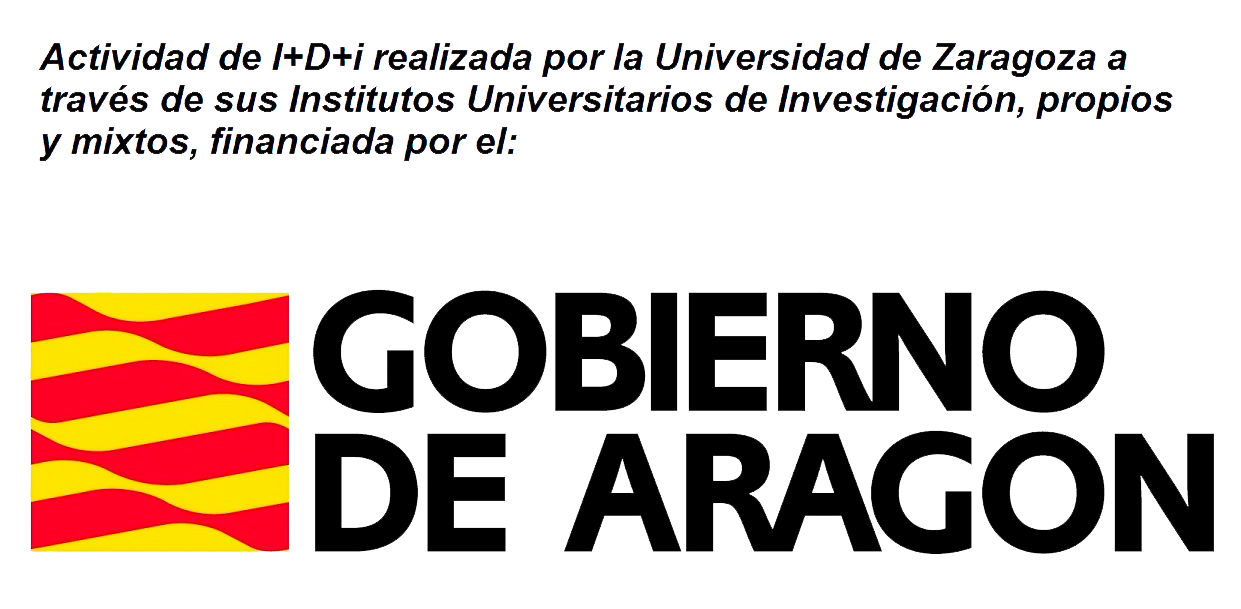Ernesto Perez Collazos
Centre: Escuela Politécnica Superior
Institution: University of Zaragoza, Zaragoza (Spain)
Position: Researcher from the University of Zaragoza
E-mail: ernextop@unizar.es
Phone: 974 292672
Profile: Ver
Personal statement
Biologist at the University of Valle (Colombia), PhD from the University of Zaragoza (UZ. 2006). 2006-2008 postdoctoral (2 years) with two short stays at the University of Extremadura, and one at the Natural History Museum in London. Professor at the University of Zaragoza since 2008. Member of the consolidated research group BIOFLORA whose objective is the study of plant biodiversity, systematics and evolution of angiosperms and population genetics and conservation of endemic and threatened plants. Coordinator of the Erasmus program of the Higher Polytechnic School of Huesca (EPS. 2011 – present). Member of the mobility commission of the EPS (2014-present). Member of the Quality Assurance Commission of the Degree in Environmental Sciences of the UZ (2011-2017). President of the aforementioned commission (2017-2020). Member of the School Board of the EPS (2016-present). Intermediate course tutor (third year) of the degree in Environmental Sciences at the EPS, within the University Orientation Program of the UZ (2016-present). Coordinator of the Degree in Environmental Sciences from February 2023 to date.
Researcher profile identity
Professor at the University of Zaragoza. I have participated in the training of research staff (16 researchers), I have 51 publications (24 indexed articles, 12 non-indexed articles, 3 popular articles, 4 books and 6 book chapters) and the translation of a book on botany. I have participated in more than 25 research projects in regional, national and international calls, of which I have been PI in two. Participated in 48 communications to international and national conferences (22 oral presentations, 26 posters), directed 56 students in internships in companies or research centers, 23 final degree projects, 2 master’s projects and 1 doctoral project. Member of more than 50 final degree theses, degree or master’s degree theses committees.
Why my research is important
Conservation genetics is crucial to protect the biodiversity of flora and fauna. Its research allows maintaining genetic diversity, vital for species to adapt to environmental changes and avoid inbreeding that can reduce the viability of small populations. Genetics allows identifying species/populations at risk, including those with non-evident genetic differences, ensuring the protection of unique lineages.
The study of biogeography is essential because it allows us to understand how and why plant and animal species are geographically distributed on Earth, which has ecological, evolutionary and conservation implications.
Biogeography and conservation genetics provide key data to develop more effective management and conservation plans, such as identifying genetic units relevant to conservation, identifying and protecting critical areas, developing in situ and ex situ conservation measures (germplasm bank, captive breeding, etc.), facilitating genetic flow between isolated and genetically similar populations. In short, this discipline is essential to ensure the survival and adaptation of threatened species, contributing to the preservation of global biodiversity.
Know more about me and my research
– https://bioflora.web.bifi.es/
– https://eps.unizar.es/










